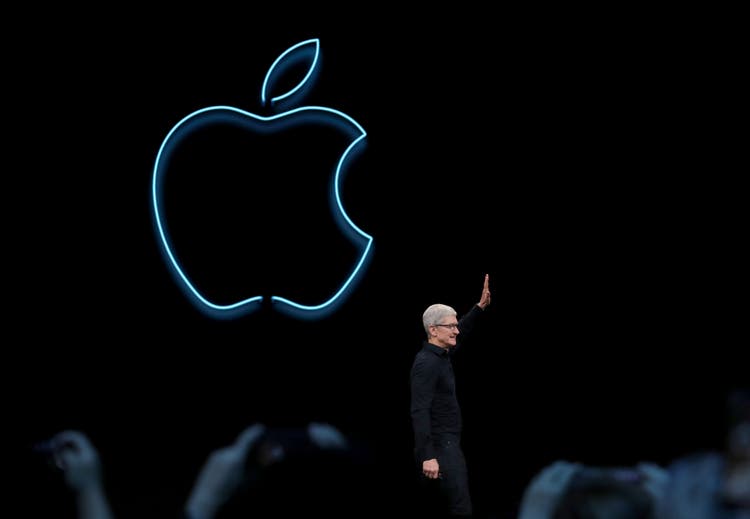At Google, we have developed machine learning (ML) models for detecting lung cancer and evaluating their effectiveness in automatically identifying potential cancerous regions. These models have shown comparable performance to specialists in detecting possible cancer. However, effectively communicating these findings in real-world scenarios is crucial for maximizing their impact.
In our study published in Radiology AI, titled “Assistive AI in Lung Cancer Screening: A Retrospective Multinational Study in the US and Japan,” we explore how ML models can effectively communicate findings to radiologists. We have introduced a user-centric interface to assist radiologists in leveraging these models for lung cancer screening. The system takes CT imaging as input and provides a cancer suspicion rating using four categories along with corresponding regions of interest.
To evaluate the system’s utility in improving clinician performance, we conducted randomized reader studies in both the US and Japan using local cancer scoring systems. The results showed that reader specificity increased with model assistance in both studies. We have also open-sourced code to process CT images and generate images compatible with the picture archiving and communication system (PACS) used by radiologists to facilitate similar studies with ML models.
To integrate ML models into radiologist workflows, we improved the models through additional training data and architectural enhancements. The models now offer a suspicion rating and localization for the user to consider alongside their specific guidelines. The interface produces output images directly associated with the CT study, requiring minimal changes to the user’s workstation.
In our reader studies with 12 radiologists, the system demonstrated an increased ability to correctly identify lung images without actionable lung cancer findings, leading to a potential reduction in unnecessary follow-up procedures. This could help improve the sustainability of lung cancer screening programs and reduce the burden on the healthcare system.
We are partnering with DeepHealth and Apollo Radiology International to explore incorporating this system into future products and are open sourcing code to aid other researchers in integrating ML model results into clinical workflows. We hope that this will accelerate medical imaging research and drive translational research in the field.
Source link





















